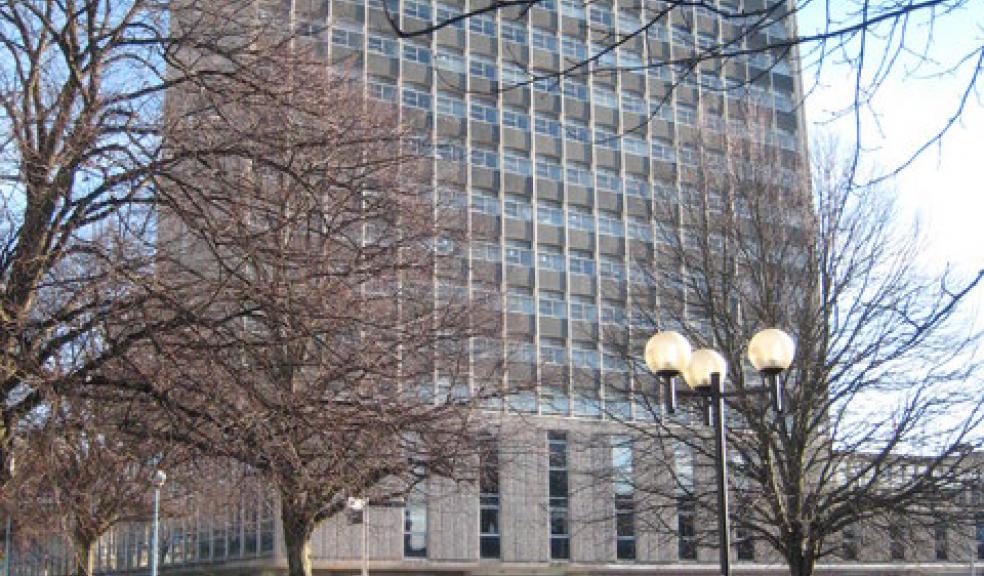
Council takes fresh look at unauthorised encampments
Plymouth City Council is set to get tough on unauthorised encampments with a new series of initiatives.
Providing several temporary stopping places (TSPs) around the city and placing Public Space Protection Orders (PSPOs) on sites historically occupied by encampments are among the methods being considered to alleviate the inconvenience that UEs cause to the settled community.
Councillor Dave Downie, Cabinet Member for Safer and Stronger Communities, who will present the new policy to his Cabinet colleagues for approval on November 28, said: "Last summer, we saw a number of unauthorised encampments cause distress for residents in several areas of the city and we are keen to ensure that this is not repeated in the future.
"In the past, the problem has always been that we have not had anywhere to move travellers on to, which has meant that with one eviction comes another encampment elsewhere.
"I think these plans are a really positive step, both for the residents of Plymouth and the Gypsy, Roma and Travellers community and I look forward to hearing feedback on our ideas."
The proposed TSPs would allow an encampment to stay in one place for a short period without fear of eviction or legal action whilst providing an alternative to occupying council land elsewhere in the city. Negotiated stopping places (NSPs), sites for encampments only staying for a few days, are also part of the plans.
The creation of the TSPs and the NSPs, would then allow for PSPOs that forbid the parking of caravans and overnight sleeping to be placed on several green sites across the city. Once they are in place, any unauthorised encampment could then immediately be moved on by the police, providing that there is space in one of the new TSPs.
Should the policy be approved, work will begin on identifying suitable sites.
Currently, the council chooses to remove unauthorised encampments from public land through the County Court system.
The new proposals are designed to meet the need of the GRT community in a planned and engaging way to reduce encampments that cause anxiety, disruption and tensions to the settled community and the GRT Community.













